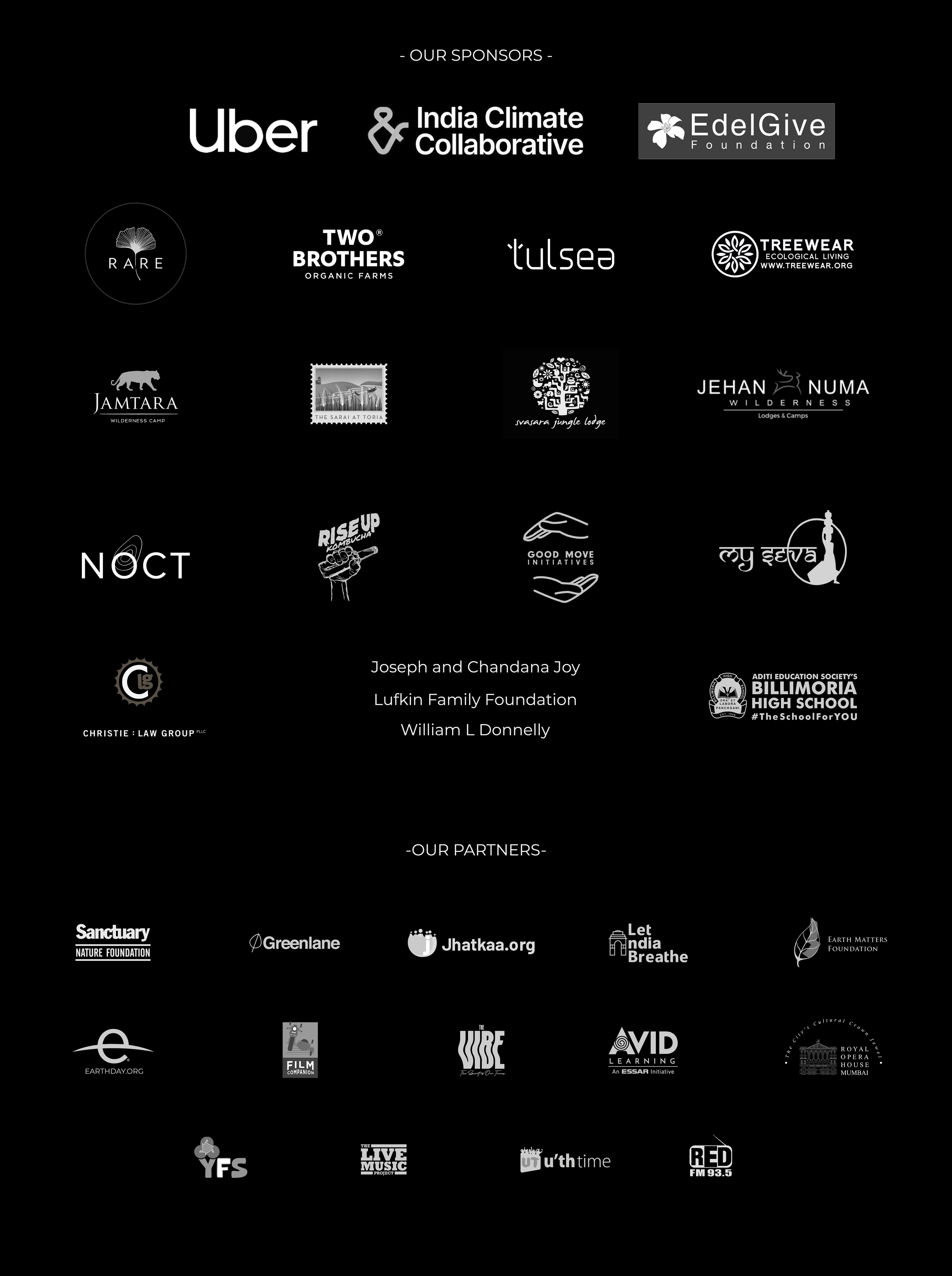
Kolis, one of the oldest communities in Mumbai, have been living sustainably and in tune with the ocean for generations. However, aggressive urbanization has had its effect. As buildings rise across the city skyline, so does the ocean. Described as ‘Sagarputra’ or ‘Offspring of the Sea’, there is a lot to be learned from the Kolis. This panel will answer questions like: what does the future hold for the Koli community, and for the coastal city of Mumbai? Why are the Koli ways of fishing important, not just to the Kolis, but to Mumbaikers as well?
Lalitha Kamath is an Associate Professor and Chairperson of the Centre for Urban Policy and Governance and the Tata Institute of Social Sciences, Mumbai. Trained as an urban planner, her research interests centre on questions of urbanization, urban planning and governance, infrastructure, informality and the social dimensions of climate change.
Ganesh B Nakhawa, a Member of the Karanja Fishing Cooperative Society in Mumbai, has been working to highlight key challenges fisherfolk face, like climate change, overfishing practices, plastic and industrial pollution, industrial fishing from foreign fishing fleets, sustainability in acquiring seafood, and marine wildlife conservation across the Indian coast. Nakhawa is part of a seven-generation-old traditional fisher family, and began fishing at the age of 12. After returning from Scotland in 2011, he decided to pursue his lifelong passion for fishing, adamant that his education could be applied to the fishing industry and bring much needed change to improve the lives of fisherfolk in India. Nakhawa has been working closely with communities and government bodies across South Asia, on key issues like supply chain, post harvest loss, fisheries regulations, government policies and seafood sustainability and traceability.
Gopal Dubey
Gopal is currently pursuing a Ph.D. from TISS. After studying information technology, Gopal pursued humanities research, exploring contemporary issues in both rural and urban settings related to forest, land, water, migration, labour and settlement issues with grass-root organisations, NGOs, and academic institutions. He is currently interested in looking at the ‘in-between’ of the rural-urban binary.
Jai and Ketaki Bhadgaonkar are co-founders of Bombay61 Studio. Bombay61 is an innovative and experimental urban solutions think tank. It facilitates urban design and research projects with public participation as the key idea, creates and has been deeply involved in developing experiential architecture and design projects since 2013. Bombay61 tries to create a social difference addressing various urban issues, with the community and for the community with a very sensitive and ecological approach. We conduct research and fieldwork for getting to the roots of the issue and then articulate a simple solution for the benefit of the people. Our team is very crucial in mobilizing the community to strive towards the envisioned innovative solution.
Kolis, one of the oldest communities in Mumbai, have been living sustainably and in tune with the ocean for generations. However, aggressive urbanization has had its effect. As buildings rise across the city skyline, so does the ocean. Described as ‘Sagarputra’ or ‘Offspring of the Sea’, there is a lot to be learned from the Kolis. This panel will answer questions like: what does the future hold for the Koli community, and for the coastal city of Mumbai? Why are the Koli ways of fishing important, not just to the Kolis, but to Mumbaikers as well?
Lalitha Kamath is an Associate Professor and Chairperson of the Centre for Urban Policy and Governance and the Tata Institute of Social Sciences, Mumbai. Trained as an urban planner, her research interests centre on questions of urbanization, urban planning and governance, infrastructure, informality and the social dimensions of climate change.
Ganesh B Nakhawa, a Member of the Karanja Fishing Cooperative Society in Mumbai, has been working to highlight key challenges fisherfolk face, like climate change, overfishing practices, plastic and industrial pollution, industrial fishing from foreign fishing fleets, sustainability in acquiring seafood, and marine wildlife conservation across the Indian coast. Nakhawa is part of a seven-generation-old traditional fisher family, and began fishing at the age of 12. After returning from Scotland in 2011, he decided to pursue his lifelong passion for fishing, adamant that his education could be applied to the fishing industry and bring much needed change to improve the lives of fisherfolk in India. Nakhawa has been working closely with communities and government bodies across South Asia, on key issues like supply chain, post harvest loss, fisheries regulations, government policies and seafood sustainability and traceability.
Gopal Dubey
Gopal is currently pursuing a Ph.D. from TISS. After studying information technology, Gopal pursued humanities research, exploring contemporary issues in both rural and urban settings related to forest, land, water, migration, labour and settlement issues with grass-root organisations, NGOs, and academic institutions. He is currently interested in looking at the ‘in-between’ of the rural-urban binary.
Jai and Ketaki Bhadgaonkar are co-founders of Bombay61 Studio. Bombay61 is an innovative and experimental urban solutions think tank. It facilitates urban design and research projects with public participation as the key idea, creates and has been deeply involved in developing experiential architecture and design projects since 2013. Bombay61 tries to create a social difference addressing various urban issues, with the community and for the community with a very sensitive and ecological approach. We conduct research and fieldwork for getting to the roots of the issue and then articulate a simple solution for the benefit of the people. Our team is very crucial in mobilizing the community to strive towards the envisioned innovative solution.
